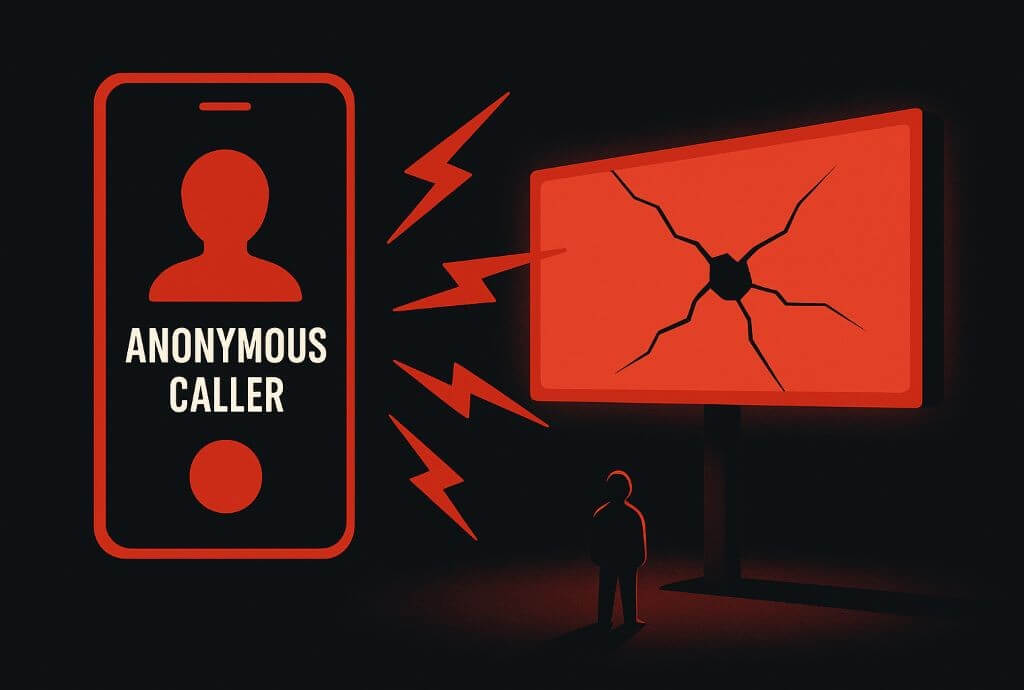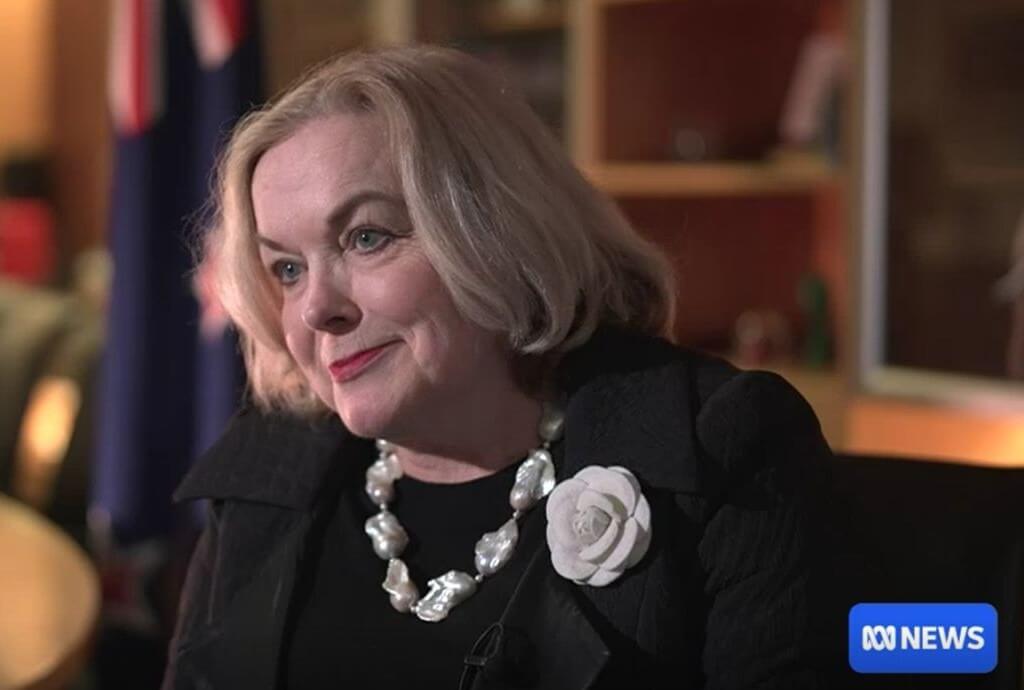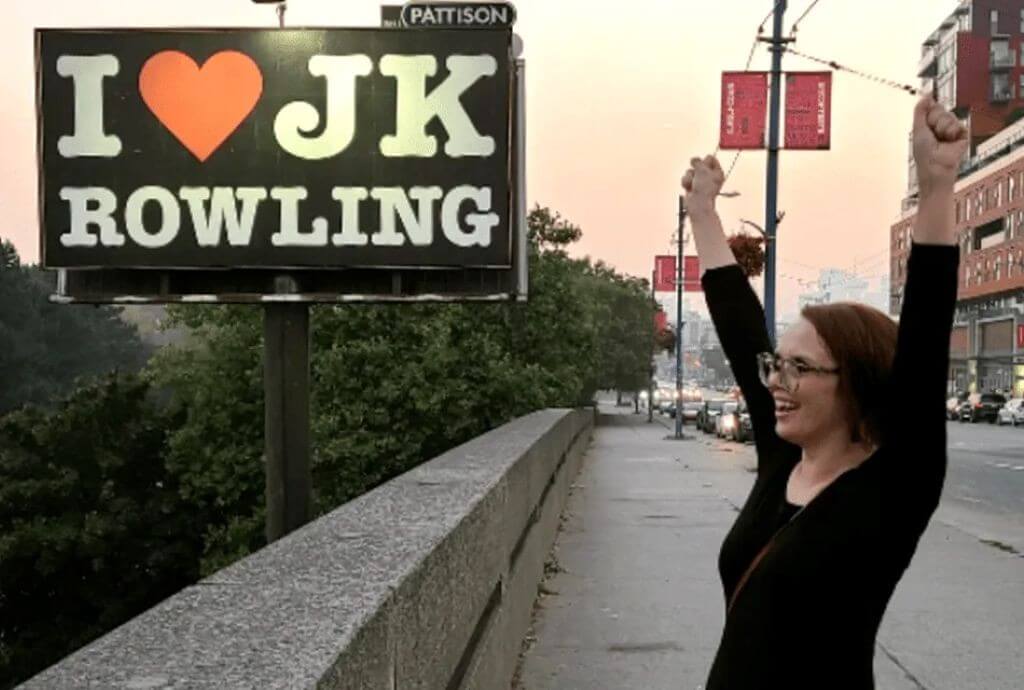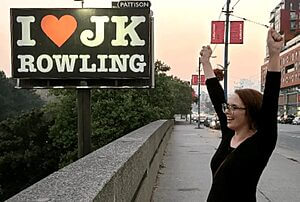In brief
- Hobson’s Pledge says Te Pāti Māori supporters ran an intimidation campaign.
- Billboard firm LUMO pulled out after threats of violence and damage.
- Abuse included anonymous calls declaring “death to all white people.”
- The row began with Hobson’s Pledge using a Rotorua woman’s image, later withdrawn.
- Trustees, staff, and contractors also targeted; police involved.
- Te Pāti Māori did not respond.
Death threats and violent rhetoric
Hobson’s Pledge alleges Te Pāti Māori supporters waged a campaign of intimidation that ultimately forced billboard company LUMO to abandon its nationwide campaign against Māori wards.
They allege the backlash went far beyond political criticism, with death threats, racial abuse, and threats of violence and property damage directed at staff, trustees, and contractors.
Centrist asked Te Pāti Māori for comment, but the party did not respond.
The clash began after Hobson’s Pledge used a Rotorua woman’s image on billboards opposing Māori wards. Her family condemned the move, and the group later expressed regret for the distress caused. The image, they said, was legally purchased through a stock photo site, but the backlash led to the billboards being pulled down.
That incident became the flashpoint for Te Pāti Māori’s intervention, with the party posting personal phone numbers of LUMO staff on its official social media pages and urging supporters to contact them.
In written responses to Centrist, Hobson’s Pledge described the threats that followed its campaign launch.
“From social media comments to voice messages left on the agency’s phones, the abuse has been varied,” the group said. “Mostly threats that they or ‘iwi’ could smash or bash us or those working with us.
In some calls, an unknown person declared: ‘death to all white people’.”
Hobson’s Pledge says these threats came from anonymous callers amid the wider backlash, not from Te Pāti Māori directly.
Billboard company backs down
The threats escalated into online discussions about physically destroying the digital billboards, some appearing on Te Pāti Māori’s official social media pages before being deleted.
“Plans were openly discussed to destroy the digital billboards, including throwing objects at the screens or climbing them to smash them,” Hobson’s Pledge said.
Under pressure, LUMO backed down. Hobson’s Pledge says the intimidation left the company with no choice.
A wider pattern of targeting
Hobson’s Pledge argues the episode reflects a pattern in Te Pāti Māori’s political tactics. They pointed to a recent case reported in which a West Auckland lawn mower was accused of vandalism by Te Pāti Māori’s president, which unleashed waves of online abuse and death threats against his business.
“We were alarmed to see the same tactics Te Pāti Māori used to try to shut down our campaign being used to bully and intimidate the man with the lawn business,” the group said. “This kind of behaviour should be roundly condemned on all sides of politics.”
Hobson’s Pledge says the intimidation spread beyond LUMO, with Don Brash and other trustees also receiving threats. Their contracted agency was targeted too, with non-public-facing staff subjected to abusive calls, forcing both companies to involve the police.
Debate on Māori wards drowned out
Hobson’s Pledge says its campaign aimed to start a conversation about Māori wards, abolished earlier this year.
“We have worked hard to create a positive campaign about why Māori wards are no longer needed,” the group said. “Our focus is on equality, but also the fact that Māori have no trouble achieving representation without special seats. We celebrate the many talented Māori leaders, particularly young people, which proves Māori wards are not necessary.”
Instead, they say, the discussion was derailed by intimidation. “It was disappointing to have a respectful conversation about Māori wards and equal democratic rights become so toxic and violent so quickly.”
Te Pāti Māori has not replied to Centrist’s request for comment.



















